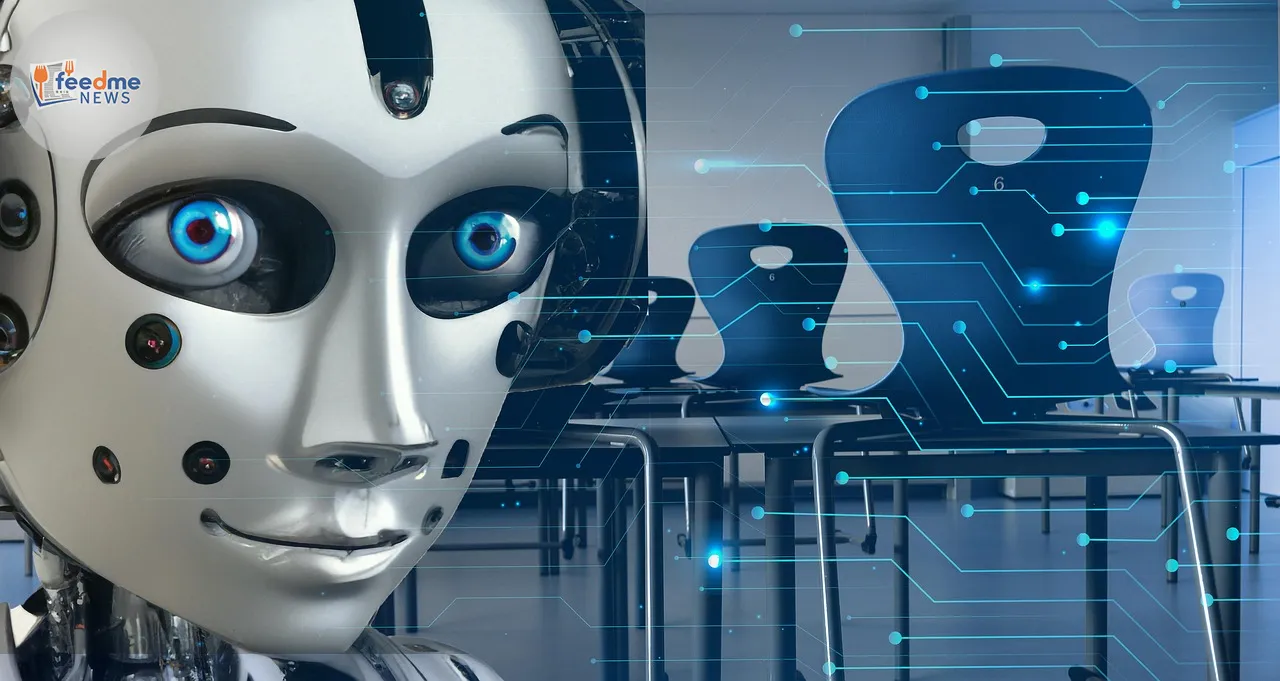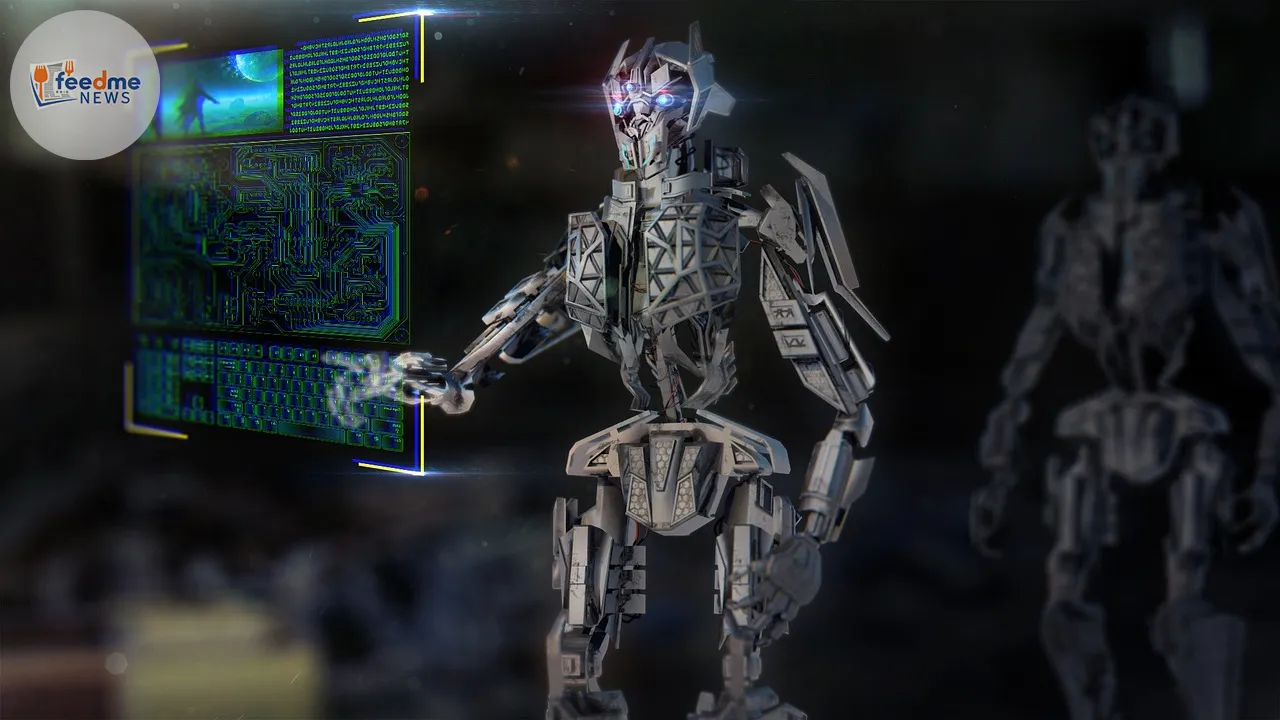Artificial Intelligence (AI) is not just a futuristic concept; it is a present-day reality reshaping the workplace. Among the most impactful innovations are AI agents, intelligent systems designed to assist with various tasks, enhancing productivity and efficiency. These cutting-edge tools are revolutionising industries by streamlining operations and enabling workers to focus on more strategic initiatives. As businesses increasingly integrate AI agents into their workflows, the benefits and implications of this technology become more apparent.
The Rise of AI Agents in the Workplace
AI agents have emerged as a game-changer in recent years, driven by advances in machine learning and data analytics. They are designed to perform specific tasks autonomously, such as managing schedules, responding to customer inquiries, and analysing data trends. The technology behind AI agents allows them to learn from interactions, improving over time to become more effective.

This innovation is particularly significant in industries such as customer service, where AI agents can handle routine inquiries, thus freeing up human agents to tackle more complex issues. According to a report by Gartner, AI-driven technologies are expected to manage 85% of customer interactions by 2025. This shift not only enhances efficiency but also leads to cost savings for businesses.
Enhancing Productivity Through Automation
Automation is at the core of AI agents’ functionality, enabling them to perform repetitive tasks with high precision and speed. This capability is crucial in sectors like finance and healthcare, where accuracy is paramount. For instance, AI agents can process large volumes of data to identify patterns and anomalies, aiding in fraud detection and diagnosis.
Moreover, the integration of AI agents into daily operations allows employees to focus on strategic decision-making and creative problem-solving. A study by McKinsey Global Institute highlights that workers spend up to 60% of their time on mundane tasks, which AI agents can efficiently handle. This transition not only boosts productivity but also enhances job satisfaction as employees engage in more meaningful work.
Addressing Challenges and Ethical Considerations
Despite their advantages, the deployment of AI agents raises several challenges, particularly regarding data privacy and security. As AI systems rely on vast amounts of data to function effectively, ensuring the protection of sensitive information is paramount. Organisations must implement robust cybersecurity measures to safeguard against potential breaches.
Additionally, ethical considerations surrounding AI agents are a growing concern. Questions about the displacement of jobs and the transparency of AI decision-making processes must be addressed. Industry leaders advocate for the development of ethical guidelines and regulatory frameworks to ensure that AI technologies are used responsibly and equitably.
The Future of Work: Embracing AI Integration
The integration of AI agents into the workplace is not just a trend; it is a transformative force that will shape the future of work. As businesses continue to adopt these technologies, the skills required in the job market are evolving. There is a growing demand for professionals adept at managing and interpreting AI systems, highlighting the need for education and training in this field.
AI agents also foster innovation by providing insights and data-driven recommendations. Companies can leverage these capabilities to explore new business models and enhance customer experiences. As AI agents become more sophisticated, their potential to drive growth and competitiveness becomes increasingly significant.
Navigating the Transition to an AI-Driven Workforce
For businesses to successfully navigate the transition to an AI-driven workforce, strategic planning and change management are essential. It is crucial for organisations to engage employees in the process, fostering a culture of collaboration and continuous learning. By doing so, companies can harness the full potential of AI agents while ensuring a smooth transition for their workforce.
Industry experts recommend a phased approach to AI integration, starting with pilot projects to assess the technology’s impact and scalability. This strategy allows businesses to identify potential challenges and optimise AI systems before full-scale implementation.
The rise of AI agents marks a pivotal moment in the evolution of the workplace. By embracing this technology, businesses can unlock new levels of efficiency and innovation. However, it is imperative to address the ethical and practical challenges to ensure a balanced and sustainable integration.
As AI agents continue to advance, they offer a glimpse into a future where humans and machines collaborate seamlessly. This partnership holds the promise of a more productive, innovative, and equitable world of work.






